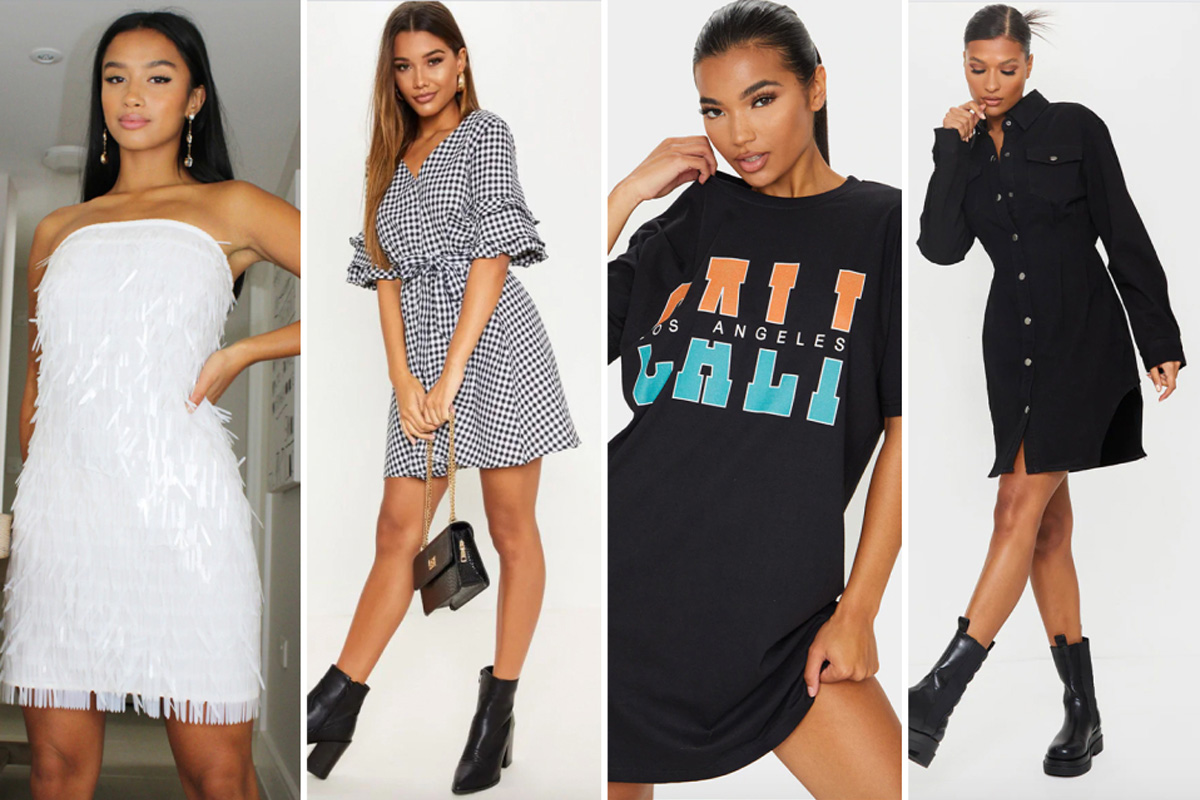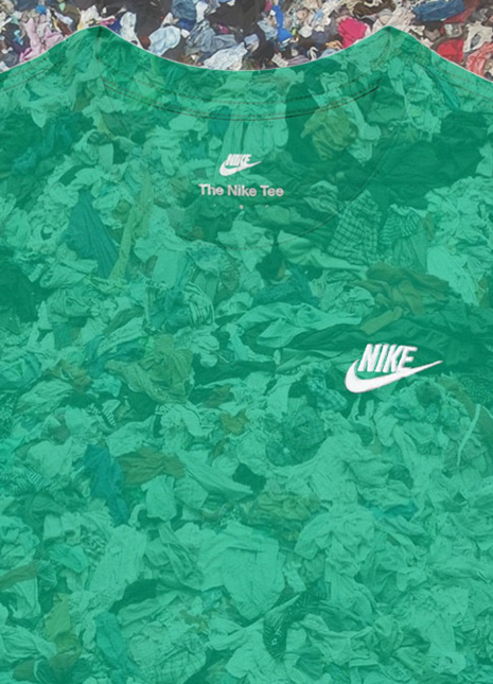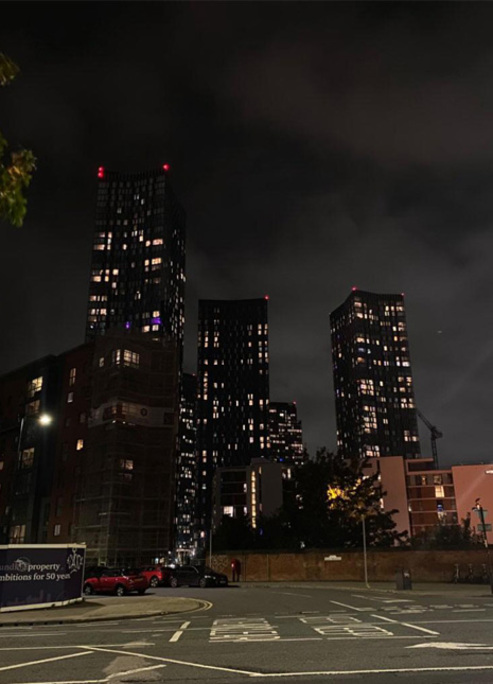
Why You Should Be Concerned About PrettyLittleThing’s Pink Friday Deal
4 for you Glen Coco, and none for PLT.
Black Friday weekend is over for another year. Amongst the hundreds of discounts and deals, we were more than a little shocked to see online fast fashion OG’s Pretty Little Thing offering “up to 99% off everything”. This included cardigans for £0.18, bodycon dresses for £0.08 and bikini separates for as little as £0.05. Seeing anything sold for 5p in the year 2020 is enough to set off alarm bells because literally NOTHING is that cheap anymore.
People took to Twitter to boast about their hauls with users commenting:
“I just fucking bought 25 items on Pretty Little Thing for £3.43 LMAO.”
“Just ordered over £600 worth of clothes on PLT for £6, what is happening. I love uuuuu.”
There are 2 parts to this problem which need to be addressed. Firstly, who made these clothes? What were they paid? What conditions do they work in? The minimum wage for garment workers in Bangladesh is currently around £70 per month. 85% of garment workers are women. Ask yourself how a company such as PLT can shout about empowering women when this is the conditions their clothes are made in? However, the problem continues closer to home, with garment workers in Leicester’s ‘dark factories’ (owned by BOOHOO, who also own PLT) being paid an annual salary of just over £8000. Meanwhile, the CEO’s of both brands Mahmud Kamani and Umar Kamani each have a net worth of $1 billion. Do the math and think about whether you want to be lining the pockets of these guys before you buy.
Secondly, we have a major climate crisis on our hands. People needlessly buying cheap, polyester clothes which will end up in landfill is killing our planet.
The pressure on young people to chase the influencer lifestyle sees them shopping endlessly, buying from fast fashion brands to get as many outfits to post on their socials as they can afford (or can’t afford – looking at you Klarna, but that’s a tale for another day.)
Before purchasing clothes, we should stop and consider these things:
• Do I really need this?
• Does it go with other things I already have in my wardrobe?
• Could I get this second hand? i.e. from a charity shop or a re-sell platform like Depop.
• Does my friend have something like this I could borrow?
• Can I afford to spend a bit more money to get a better-quality version, made from more sustainable materials which will last longer?
• Can I buy this from a small company who will appreciate the business?
The fashion industry is responsible for 10% of annual global carbon emissions. If we continue buying clothing at this pace this will increase by more than 50% by 2030. People will never stop consuming, but more thoughtful shopping is the way forward. It’s one of the main ways we can slow down the damage we have already done to the planet. Buying 14 polyester crop tops just because they cost 4 pence is senseless and dangerous and the motto of “buy better, buy once’ is one we need to take notice of now.











